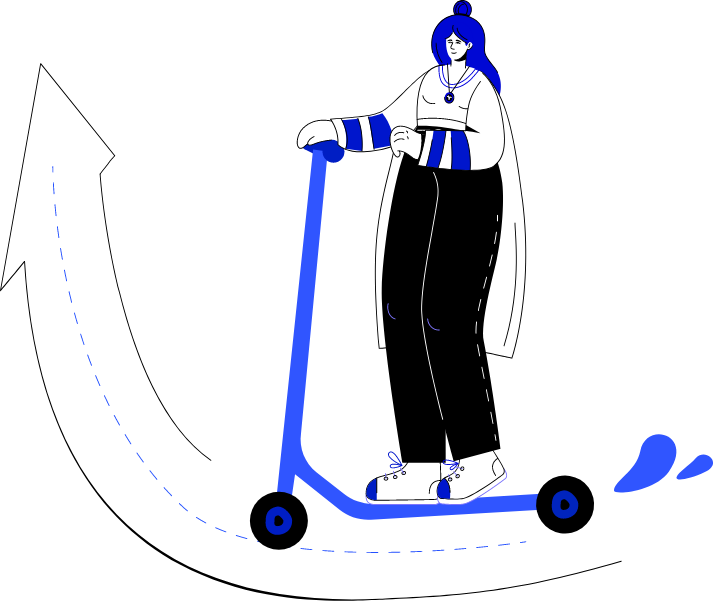Flying an aircraft for many is not just a career but also a passion. If your flight route takes you to one of the largest and most reputable cargo carriers in the entire world the destination becomes more meaningful. UPS pilots do more than fly between points A and B. They also take care for the time-sensitive cargo they transport and ensuring safety under pressure.

Image credit: flightschoolusa.com
You may be interested in aviation, or the idea of being part of the global logistics. Find out what you need to know about becoming an UPS Pilot, including the requirements and the training process, and what the job will entail.
UPS Pilots: More than Just Flying
UPS aviators, unlike commercial pilots, are accountable for transporting important goods like packages and documents across the national and international skies, often with tight deadlines. Pilots in this environment are constantly on the move whether they’re coordinating the most valuable cargo or operating complex meteorological systems. These pilots are also advocates for the UPS brand and symbolize professionalism with a high degree of reliability, trustworthiness, technical proficiency and dedication.
UPS pilots must be able handle everything from pre-flight plans and emergency protocols to communicating with air traffic control and ground operations. This job requires more than precision in flying but also sharp, heightened situational awareness and a commitment to safety.
UPS Pilot Qualification Standards The Bar is set high
UPS does not just give control to anybody. UPS requirements for pilot qualifications are among the most rigorous in the cargo aviation industry and with good reason.
At a minimum, applicants need to have a bachelor’s or master’s degree in aviation, aeronautics or another related field. In addition, they should hold an active FAA commercial pilot’s license that has both instrument and multi-engine ratings. The majority of UPS pilot applicants have 2 to 4000 hours of flight time with a majority of them having an experience with turbine-powered aircraft.
Medical fitness is another important factor. Pilots have to meet strict FAA health requirements, which include exceptional vision and the capacity to pass comprehensive medical tests. The applicants must be U.S. citizens or have the appropriate authorization to work and fall within the required age bracket that ranges from 23 to 65.
UPS is a firm believer in real-world experience and technical knowledge. The qualifications were designed to ensure that pilots are able to cope with the challenges of international long-haul flights as well as UPS’s reputation for punctual deliveries and security.
UPS Pilot Training: Prepare for the Real World
When you’ve met the requirements, UPS offers extensive training for pilots who are just starting out in order to help them prepare for the particular demands of its aircraft and routes.
Ground school is the first step in training, at which pilots are taught about UPS procedures, processes and company standards. Simulation sessions, that simulate the real-world scenario of emergency and flight, follow. Once they have achieved proficiency in the simulator, the pilots will begin their Initial Operating Experience (IOE) actual flights under the supervision by senior UPS Pilots.
These training programs are designed to enhance technical skills. They prepare pilots for operational efficiency, crew coordination, and real-time problem-solving–critical components of UPS’s global delivery infrastructure.
How to become a UPS pilot: tracing your flight path
If you’re serious about pursuing a UPS pilot job, your journey should begin with quality flight education. The most reputable flight schools like Florida Flyers Flight Academy, give you the foundational knowledge and hands-on training in aeronautics, navigation, and safety guidelines.
You can then boost your abilities by adding flights hours, particularly on turbine-powered aircraft. It also makes you more effective UPS candidate if you get experience in positions that are focused on teamwork, safety or other time-sensitive tasks.
Final Thoughts – A career that pays more than Paychecks
It’s not an easy task to become an UPS pilot. It takes dedication as well as technical knowledge and the capability to perform under pressure. The rewards are great for those who can meet the obstacles. They earn competitive wages and the opportunity to travel the world, and have a steady job, and they play an important role in the efficient functioning of the world economy. UPS’s cockpit might be the perfect fit for those who want to fly with a reason.


